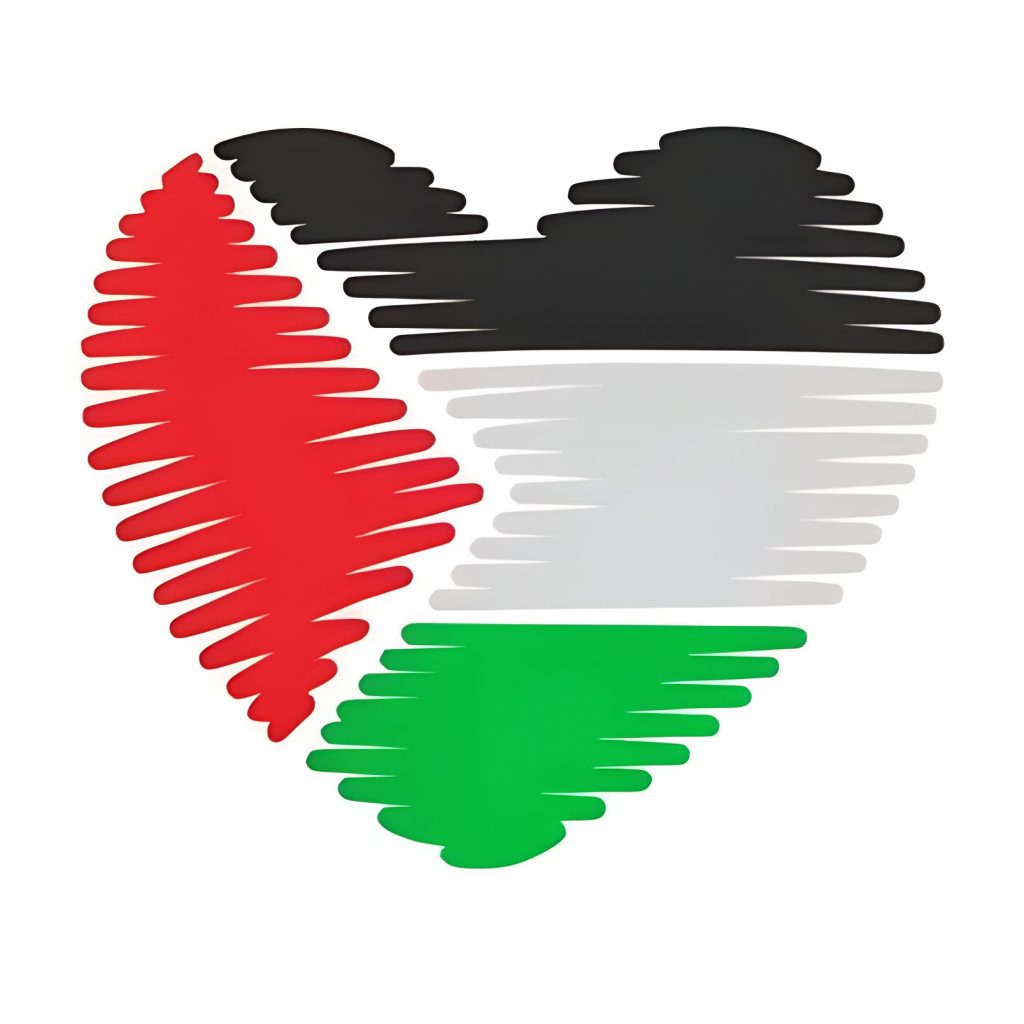Lebanon, a nation renowned for its rich history and cultural diversity, currently finds itself amidst challenging times, as tensions along its southern border escalate, threatening the peace and security of its citizens. Recent incidents have brought the Israel Defense Forces (IDF) into the spotlight, raising concerns over the safety of innocent civilians in this volatile region.
The Current Situation
The conflict between Lebanon and Israel has deep-rooted historical origins, often flaring up into military confrontations. Recently, tensions have heightened, with innocent lives caught in the crossfire, leading to grave humanitarian concerns. Reports of civilian casualties and damaged infrastructure have stirred international criticism and calls for resolution. It is critical to recognize the complex geopolitical landscape that fuels these hostilities, as well as the profound human cost paid by those who have no part in the conflict.
The Humanitarian Crisis
The innocent people of Lebanon, living near the southern borders, often find themselves in the line of fire. The IDF’s military operations, while intended to target threats, almost always affect non-combatants. These incidents underscore the urgent need for renewed dialogues aimed at achieving sustainable peace and security for both nations. The international community continues to mediate and encourage diplomatic approaches to de-escalate the situation, emphasizing the protection of civilian lives as a priority.
Lebanon’s Indomitable Spirit
Throughout history, Lebanon has faced numerous challenges—from civil wars and invasions to economic hardships and political instability. Despite these trials, Lebanon has always managed to rise, demonstrating resilience and unwavering hope, rooted in its people’s unity and resolve. The country’s enduring spirit is not only a testament to its past but also a beacon of its future potential.
Lebanon’s cultural landscape is one of its greatest strengths. With a populace composed of multiple religious and ethnic groups, Lebanon’s social fabric is intricate yet resilient. The country’s ability to preserve its cultural heritage while promoting diversity and coexistence amidst adversity underscores its strength.
Why Lebanon Will Never Fall
- Cultural Resilience: Lebanon’s rich history of overcoming adversity has instilled a cultural resilience in its people. Regardless of external pressures, the Lebanese continue to uphold their traditions and communal ties, which serve as the backbone of national unity.
- Geopolitical Importance: Strategically situated between East and West, Lebanon plays a pivotal role in regional geopolitics. Its importance compels global powers to invest in its stability and prosperity, often stepping in to mediate conflicts.
- Community Solidarity: In times of crisis, the Lebanese people consistently exhibit solidarity, supporting one another economically, emotionally, and socially. This communal support system is vital for enduring hardships and rebuilding.
- Diaspora Influence: The Lebanese diaspora, spread across the world, remains committed to contributing to their homeland’s welfare. Their remittances, investments, and advocacy on international platforms help in keeping Lebanon’s economy and global image afloat.
Conclusion
Although the present challenges are formidable, Lebanon’s history of survival against the odds offers hope. As regional and international communities engage in diplomatic efforts to prevent further violence, Lebanon stands determined to preserve its sovereignty and well-being. The path to peace is fraught with complexities, but Lebanon’s steadfast spirit assures that it will continue to stand, just as it has for centuries. The international community bears the responsibility of supporting Lebanon through these trials, working collectively to ensure a future defined not by conflict, but by the continued promise of peace and stability.

